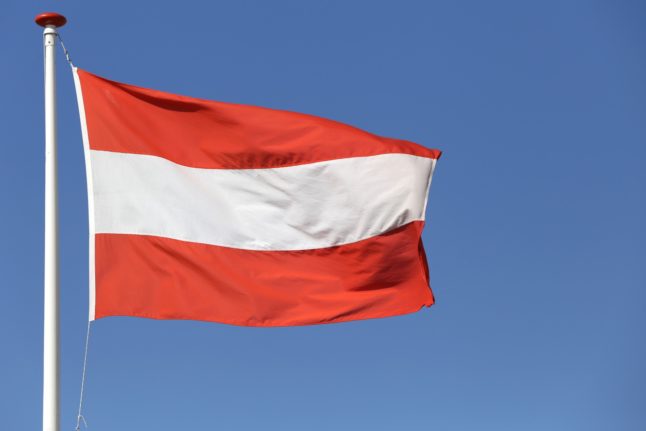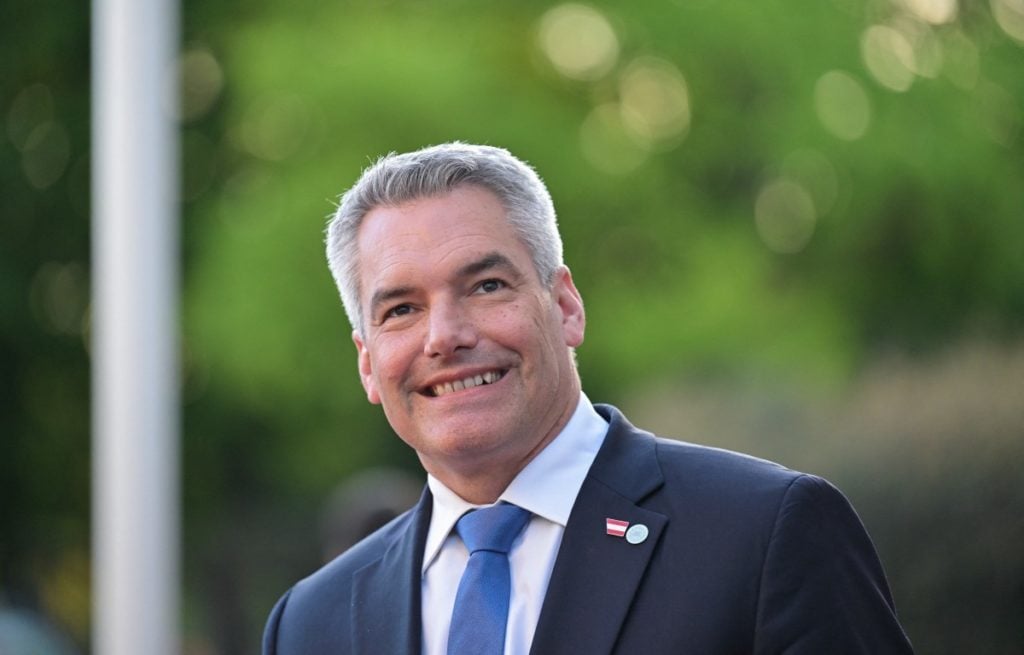When you think of Austria, your first thoughts might be of Alpine hills, Schnitzel and traditional folk music.
Is this what politicians are referring to when they talk about Austrian ‘Leitkultur’ or ‘leading or guiding culture’?
Many in Austria are considering this question because the coalition government is honing in on this concept.
Austria’s Integration Minister Susanne Raab, of the centre-right Austrian People’s Party (ÖVP), has been tasked by chancellor Karl Nehammer (ÖVP) to develop a legal definition of ‘Austrian guiding culture’.
It’s part of the “Austria Plan” that Nehammer presented earlier this year when he called for a “guiding Austrian culture by 2030, which should also be reflected in law as a national cultural asset”.
READ ALSO: ‘Austria Plan’ – What are the chancellor’s new plans for the country?
Raab said it should ensure “that symbols and behaviours that contradict our fundamental values can be treated in a legally differentiated manner”.
However, this topic has been the subject of heated debate with critics accusing politicians of using it to alienate immigrants, particularly asylum seekers and refugees.There is a fear that the ‘Leitkultur’ concept goes against multiculturalism and calls on people to conform to one ‘guiding culture’ without an acceptance of other ways of life outside western culture.
The concept is not just a talking point in Austria – it’s also been discussed heavily in neighbouring Germany for years, particularly by centre-right and far-right parties.
How is Austria planning to define Leitkultur?
The Austrian government says it wants to define a concept of national cultural heritage in law over the next six years.
As a first step, the Integration Minister has brought together a panel of experts who will meet on Thursday.
Under the banner “Austrian identity and guiding culture: values of coexistence”, the first meeting will be an introductory exchange, according to Raab’s office. The minister will outline her approach to the topic before the discussion, Austrian newspaper Der Standard reported.
The panel includes Katharina Pabel, a lawyer from Linz, Rainer Münz, who worked for Erste Bank and advised Jean-Claude Juncker as President of the EU Commission and Wolfgang Mazal, a professor at the Institute for Labour and Social Law at the University of Vienna.
What is Austrian ‘guiding culture’?
In an interview with Der Standard before the meeting, Mazal said the initial discussion “should serve to find a consensus in society about what is important to us and what form of coexistence we should cultivate”. He added that the ‘Leitkultur’ debate should be a “process of reflection”.
Mazal does not share the criticism of the term – in his view, it is not about placing one culture above others. Similar to the mission statement of a company, a “guiding culture” should define the “fundamental direction” of a society, he said.
But the ÖVP’s communication has been more rigid. Secretary General Christian Stocker, for instance, recently explained in a Facebook video that Austrian identity is “what defines us”. This goes “from A to Z”, for example from brass band music to the Vienna Philharmonic Orchestra. “How we celebrate our festivals and holidays” is also part of our identity, he said. And “anyone who doesn’t want to accept all that is welcome to leave”, he made clear.
Overall, the People’s Party is focussing the debate very strongly on the topic of migration. Stocker says, for example, in the context of his comments on identity, that those “who have come to us” have done so voluntarily. “They have chosen this country and therefore they must also accept how we live in this country, what tradition and identity we have.”
In social media posts, Der Standard notes that the party states things like: “Anyone who believes that they should not shake a woman’s hand because she is ‘unclean’ must leave.” Or: “Anyone who rejects our way of life must leave!”
Integration a key component
Integration Minister Susanne Raab (ÖVP) told the Kronen Zeitung earlier this year that the concept was centred on integration.
“Integration means learning the language, going to work and also accepting the values of our coexistence,” she said.
“And that is relevant because many people come to us who have been socialised completely differently. Where the culture is completely different, where women are worth less than men, where girls have no access to education and are forced into marriage or where the police are not your friend and helper, but highly corrupt. All of this is important to convey. And this is where immigrants also have to adapt.”
Raab added that it was possible for someone who did not adapt to face sanctions.
“Yes, there will be measures that can be implemented in law, Raab told the newspaper, suggesting that could include cuts to social benefits, for example, or negative influences in the citizenship procedure or to asylum status.
The minister gave the example of when refugees come to Austria they have to take a German and values course as well as sign a declaration of integration otherwise there is a risk of having social benefits cut. The ÖVP is also currently considering further sanctions.
Whatever the case, it is clear that the ÖVP is pushing for more integration measures in Austria, which is something they have been doing consistently.
READ ALSO: Austrian minister wants foreigners to improve German levels to keep social benefits




 Please whitelist us to continue reading.
Please whitelist us to continue reading.
Member comments